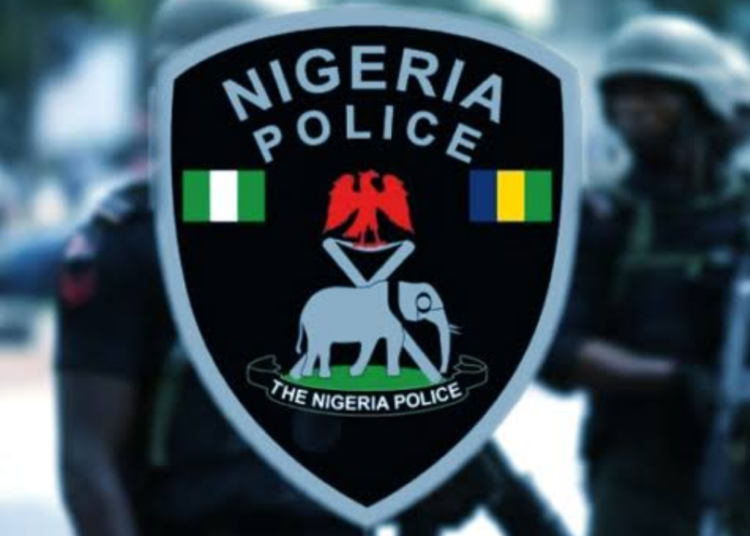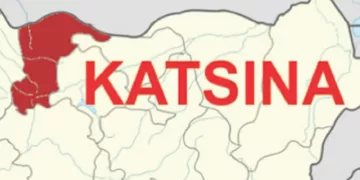For a nation grappling with seemingly intractable security challenges, Nigeria has no excuse for not according topmost priority to funding one of its most critical security institutions: the Nigeria Police Force. Yet, this is not happening — and there is little to suggest it will change anytime soon.
There is no disputing the fact that the Police, as one of the foremost institutions through which the state exercises its authority, play a pivotal role in securing life and property. Like their counterparts across the world, Nigerian police officers are saddled with the onerous responsibility of maintaining law and order, preventing and detecting crime, and, above all, safeguarding the life and property of citizens.
Tragically, despite the Police Force’s crucial role, something is fundamentally wrong with how it is funded in Nigeria. As expected, this gross underfunding continues to severely impede the optimal performance of the force.
The numbers speak for themselves. Each police station in the country receives a quarterly running cost of N45,000, which translates to N15,000 per month — roughly N500 a day. This amount is expected to fuel patrol vehicles, power generating sets, and cover other operational expenses. How does the country expect effective policing under these disgracefully inadequate conditions?
How can the Nigerian Police — charged with enforcing the law, arresting criminals, and protecting communities — function optimally on just N500 daily per station? That’s the reality today, and it reflects a broader systemic failure. The police have been subjected to this paltry funding for years, while the nation pretends all is well. It is not.
This contemptibly low running cost is just one symptom of a broader neglect and apparent disdain for the police by the political leadership. Year after year, the Police Force receives meagre budgetary allocations. This is compounded by entrenched corruption within the police hierarchy, where even the little that is available is often misappropriated or mismanaged.
Worse still, this starvation of funds occurs in the same country where a Nigerian Senator reportedly takes home about N20 million monthly in salaries and allowances, and state governors operate with opaque security votes running into billions of naira. Ironically, it is the same underfunded police force that protects these officials — many of whom have a retinue of police officers at their beck and call.
As expected, the implications of this meagre funding are far-reaching. The average Nigerian policeman is poorly equipped, inadequately trained, underpaid, and deeply demoralised. What outcomes can we reasonably expect from such a system?
Though not a justification, this severe lack of funding fuels corruption in the force. Many officers resort to illegal practices — such as extorting motorists at roadblocks — to cover basic operational costs or meet targets set by their superiors. Most Nigerians have unpleasant, often frustrating encounters with the police, both on the roads and within police stations. This reflects the deep-seated culture of corruption that continues to plague the force.
How can a country deprive such a critical agency of adequate funding, even as the law invests it with enormous powers, especially in the administration of criminal justice?
This is an institution with a proud history. During the colonial and early post-independence years, the Nigeria Police Force was well-equipped, professional, and respected. Those days are long gone. Today, we see a shadow of that once-formidable institution, while the nation buries its head in the sand.
The Nigeria Governors’ Forum recently reiterated calls for the establishment of state police, describing it as a key solution to Nigeria’s worsening insecurity. While the structure or name of the police may evolve, funding remains central. No reform will succeed without it.
Nigeria is experiencing wanton killings, mass abductions, and criminality, with entire communities living in fear. The country has no choice but to adequately fund the police force and other security agencies. It is no longer a matter of debate; it is a national emergency.
We strongly believe that if the Nigeria Police Force is well-funded, better equipped, and adequately motivated, it will be in a position to tackle the nation’s security crisis more effectively. Anything short of that will amount to an exercise in futility.











